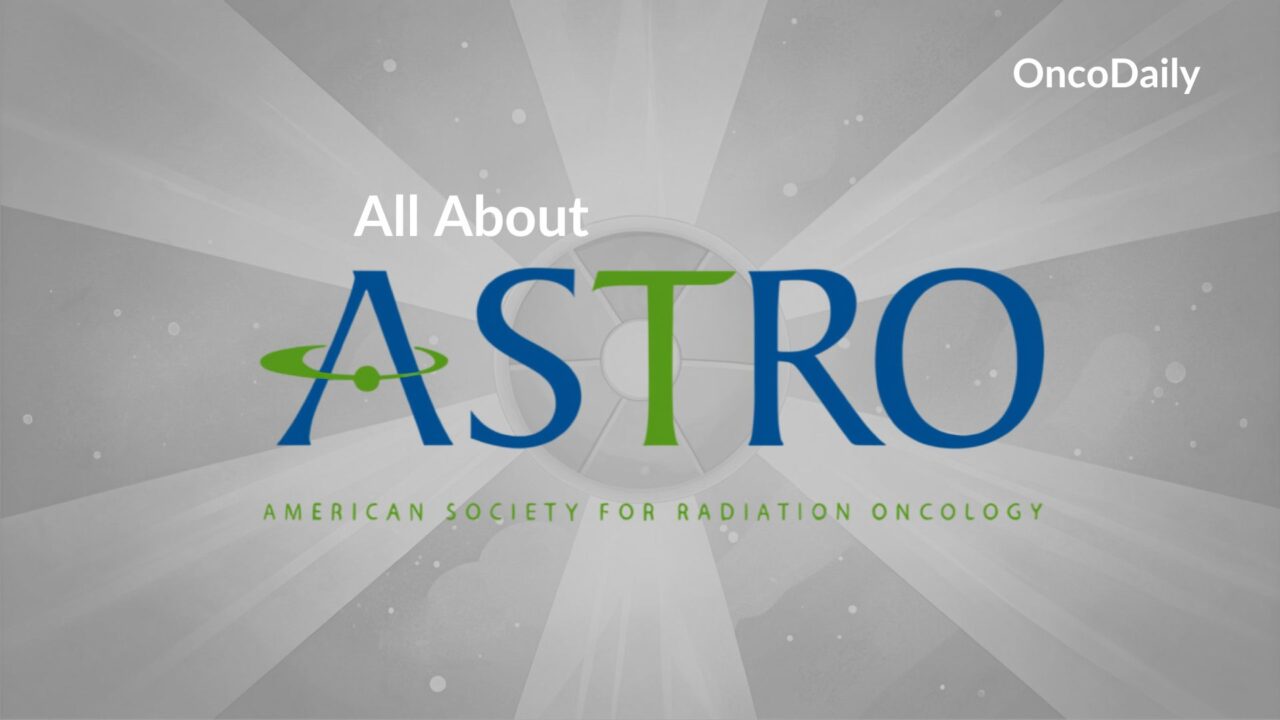
ASTRO Overview: Everything You Need to Know About the Leading Radiation Oncology Society
ASTRO, the American Society for Radiation Oncology, is the foremost organization dedicated to advancing radiation oncology through education, advocacy, research, and patient-centered care. Established in the mid-1950s, ASTRO has grown from informal gatherings of American radiotherapists into a global leader supporting radiation oncologists worldwide.
What is ASTRO?
ASTRO is the largest organization representing radiation oncology professionals, committed to promoting the highest standards in radiation therapy, shaping health policies, and fostering a collaborative network among specialists in oncology.
ASTRO’s History: Key Milestones
ASTRO’s origins trace back to the mid-1950s, when American radiotherapists began gathering informally in Chicago during the annual Radiological Society of North America (RSNA) meeting. Each November or December, these radiation therapy specialists met at a local restaurant. In 1955, one of the pivotal gatherings took place at Barney’s Market Club on Randolph Street, where some of the most prominent figures in radiation therapy from across the United States convened. This event marked the start of what would eventually evolve into ASTRO, now the largest and most influential society for radiation oncologists worldwide
ASTRO’s Mission and Vision
ASTRO’s mission is to improve the quality and equity of radiation oncology care through education, advocacy, and support for diversity in the workforce. The Society envisions a future where radiation therapy enhances lives by offering patients high-quality, accessible cancer treatment.
Key Goals and Objectives
ASTRO is committed to advancing radiation oncology through equitable, high-quality cancer care, promoting a diverse and educated workforce, fostering research and innovation, and leading policy and advocacy efforts.
- Strengthen Engagement with the Radiation Oncology Community:
- Encourage early-career practitioners to actively engage in ASTRO.
- Foster a more inclusive radiation oncology community.
- Foster a Diverse Workforce and Improve Equitable Care:
- Prioritize diversity, equity, and inclusion in all activities.
- Educate practitioners on equitable care responsibilities.
- Drive High-Quality Care:
- Develop guidelines to enhance quality, safety, and value.
- Promote technology that improves patient outcomes.
- Lead Policy Advocacy:
- Advocate for policies that increase access to radiation oncology.
- Support evidence-based cancer care practices.
- Enhance Research and Innovation:
- Support cutting-edge research and partnerships.
- Mentor diverse researchers to expand health services research.
- Showcase the Benefits of Radiation Therapy:
- Educate the public and referring physicians on radiation therapy.
- Highlight technological advances that benefit patient care.
- Ensure Access to Innovative Education:
- Provide accessible, updated educational resources.
- Sustain clinical competence through evidence-based education.
ASTRO Governance Structure
ASTRO is governed by a Board of Directors, responsible for overseeing the organization’s operations and strategic direction. The Board, composed of 17 members, ensures that ASTRO remains aligned with its mission and objectives. Its structure includes:
- Leadership Roles:
- Chair of the Board
- President
- President-elect
- Secretary/Treasurer
- Immediate Past Chair of the Board
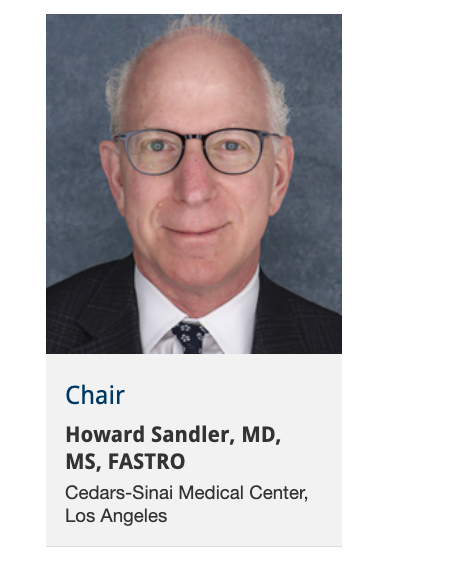
- ASTRO Council Chairs and Vice-chairs
The Board also comprises Chairs and Vice-chairs from various councils, which cover the essential functional areas of the Society:- Clinical Affairs and Quality Council: Responsible for clinical guidelines, quality standards, and best practices in radiation oncology.
- Education Council: Focuses on educational programs, continuing medical education, and professional development opportunities for members.
- Government Relations Council: Handles advocacy efforts, liaising with policymakers to influence regulations and legislation that impact radiation oncology.
- Health Policy Council: Works on health policy initiatives, including reimbursement and access to care for patients.
- HEDI (Health Equity, Diversity, and Inclusion) Council: Promotes diversity and inclusion within the field of radiation oncology, ensuring equitable access to care for all patient populations.
- Science Council: Responsible for advancing research and innovation within radiation oncology, supporting scientific inquiry and collaboration.

The Board’s collective responsibility is to guide ASTRO’s vision and manage the Society’s affairs to continue enhancing the field of radiation oncology. Through the work of its leadership and councils, ASTRO plays a vital role in supporting professionals, improving patient outcomes, and advocating for the ongoing development of radiation therapy.
ASTRO Congresses and Meetings
Annual Meeting and Key Events
The ASTRO Annual Meeting is the premier event for radiation oncology, showcasing the latest research, clinical trials, and technologies. It draws thousands of professionals, including oncologists, medical physicists, and researchers, making it a crucial platform for collaboration and learning.
- Scientific Sessions: Present recent clinical and translational advancements.
- Educational Tracks: Offer sessions for all career stages, from newcomers to experts.
- Poster Presentations: Facilitate in-depth interaction on research findings.
- Networking Opportunities: Connect professionals with thought leaders.
- Exhibit Hall: Features hands-on experience with new technology.
Other Events Include:
- ASTRO Advocacy Day: Members engage with policymakers to promote radiation oncology.
- Spring Refresher Course: Updates on the latest clinical guidelines and treatments.
These events play a critical role in ASTRO’s mission to improve cancer care and promote innovation in radiation oncology.
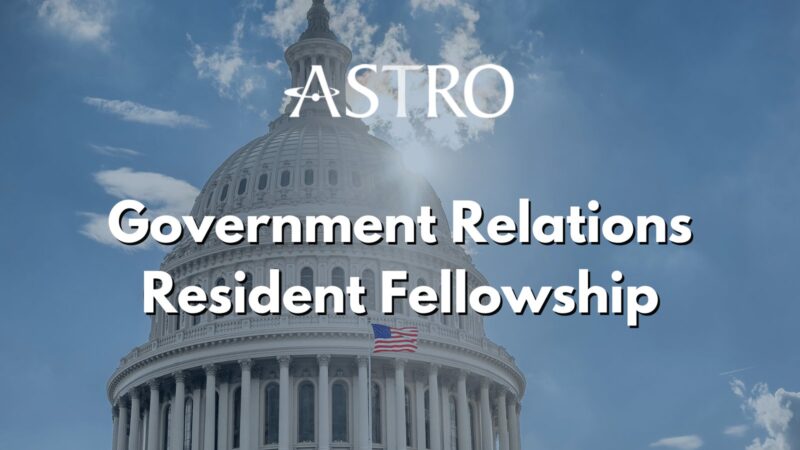
The theme for the 2024 meeting is “Targeting Provider Wellness for Exceptional Patient Care.” This theme emphasizes the importance of mental and physical well-being among healthcare providers, which is crucial for delivering high-quality patient care.
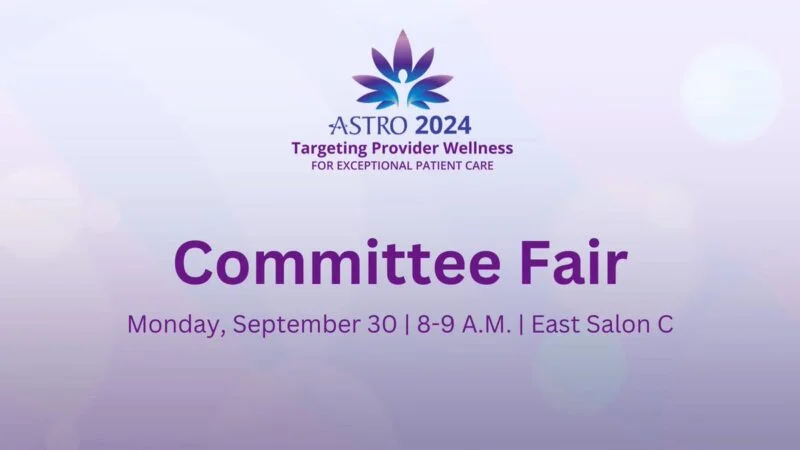
Here are some Highlights from ASTRO24 Day 3:
“Thank you to everyone who attended ASTRO24 in Washington, DC this week. The city and venue were fantastic!”
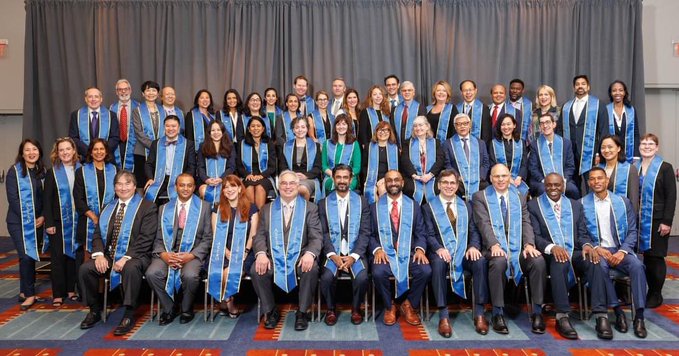
Discover Top posts from ASTRO 2024 Congress which are not to be missed by OncoDaily

How ASTRO’s Goals Shape the Future of Radiation Oncology
Achieving ASTRO’s strategic plan is to enhance public awareness of radiation oncology, integrate radiation oncologists into multidisciplinary cancer care teams, and ensure broader access to radiation therapy. American Society of Radiation Oncology’s efforts will continue to drive down cancer care costs while improving outcomes, positioning it as a leader in health policy advocacy.
Key Resources and Publications
ASTRO provides a range of educational resources, including clinical guidelines, health policy updates, and research publications, accessible to members and the public.
The key publications from ASTRO annual meetings are typically published in the An official journal of the American Society for Radiation Oncology which is called International Journal of Radiation Oncology/Biology/Physics, also known as the “Red Journal”.
International Journal of Radiation Oncology – Biology – Physics (IJROBP), known in the field as the Red Journal, publishes original laboratory and clinical investigations related to radiation oncology, radiation biology, medical

Late-breaking abstracts are published in the November 15 issue of the Red Journal. In addition to the Red Journal, ASTRO publishes two other journals
- Practical Radiation Oncology: This journal publishes research such as guidelines and white papers that have immediate impact on clinical practice.
- Advances in Radiation Oncology: This newer journal focuses on important retrospective work, clinical trial reanalyses, survey analyses, and case reports.
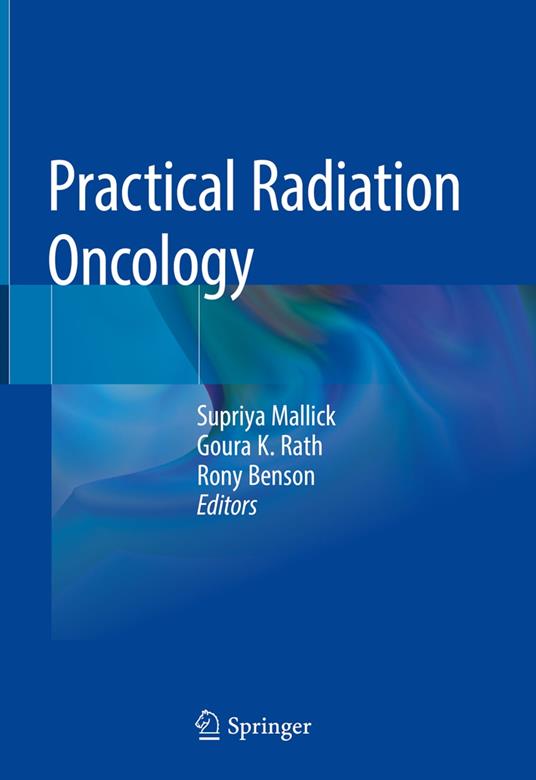
These publications ensure that the latest research and findings presented at ASTRO meetings are disseminated widely to the radiation oncology community. The abstracts cover all aspects of oncology, radiation oncology, and radiation therapy for non-oncologic conditions, featuring cutting-edge research in all major disease sites, as well as special physics and biology sessions.
Written by Aren Karapetyan, MD
-
Challenging the Status Quo in Colorectal Cancer 2024
December 6-8, 2024
-
ESMO 2024 Congress
September 13-17, 2024
-
ASCO Annual Meeting
May 30 - June 4, 2024
-
Yvonne Award 2024
May 31, 2024
-
OncoThon 2024, Online
Feb. 15, 2024
-
Global Summit on War & Cancer 2023, Online
Dec. 14-16, 2023
